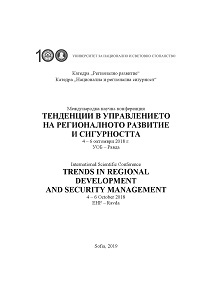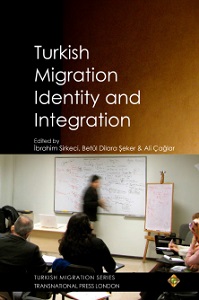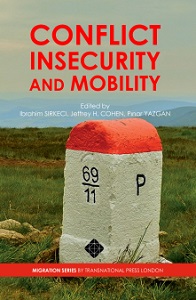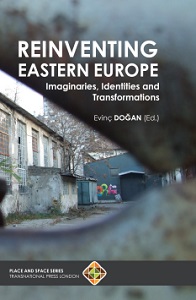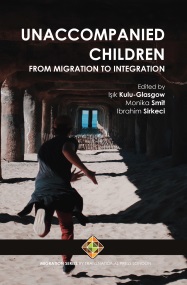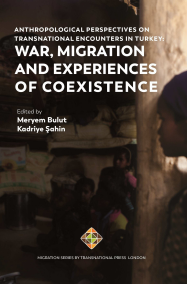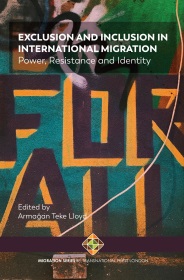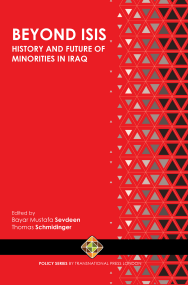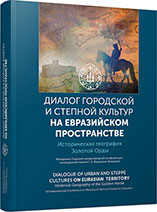
Дельта Волги в золотоордынский период
The paper discusses peculiarities inherent in formation and development of the administrative-territorial structure of the Volga estuary in the Golden Horde period, singles out economic micro-regions included in the Khan’s domain and offers geographical characteristics of the lower reaches of the Volga River, which had influenced the development of the Golden Horde cities and the formation of their suburbs.
More...
